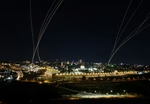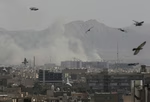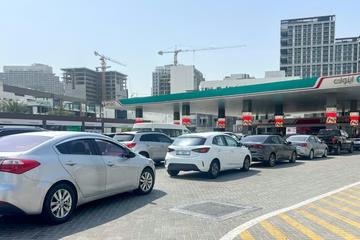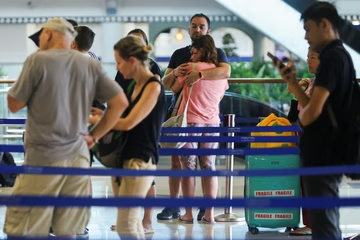Activist: Migrant children stay in inadequate accommodation
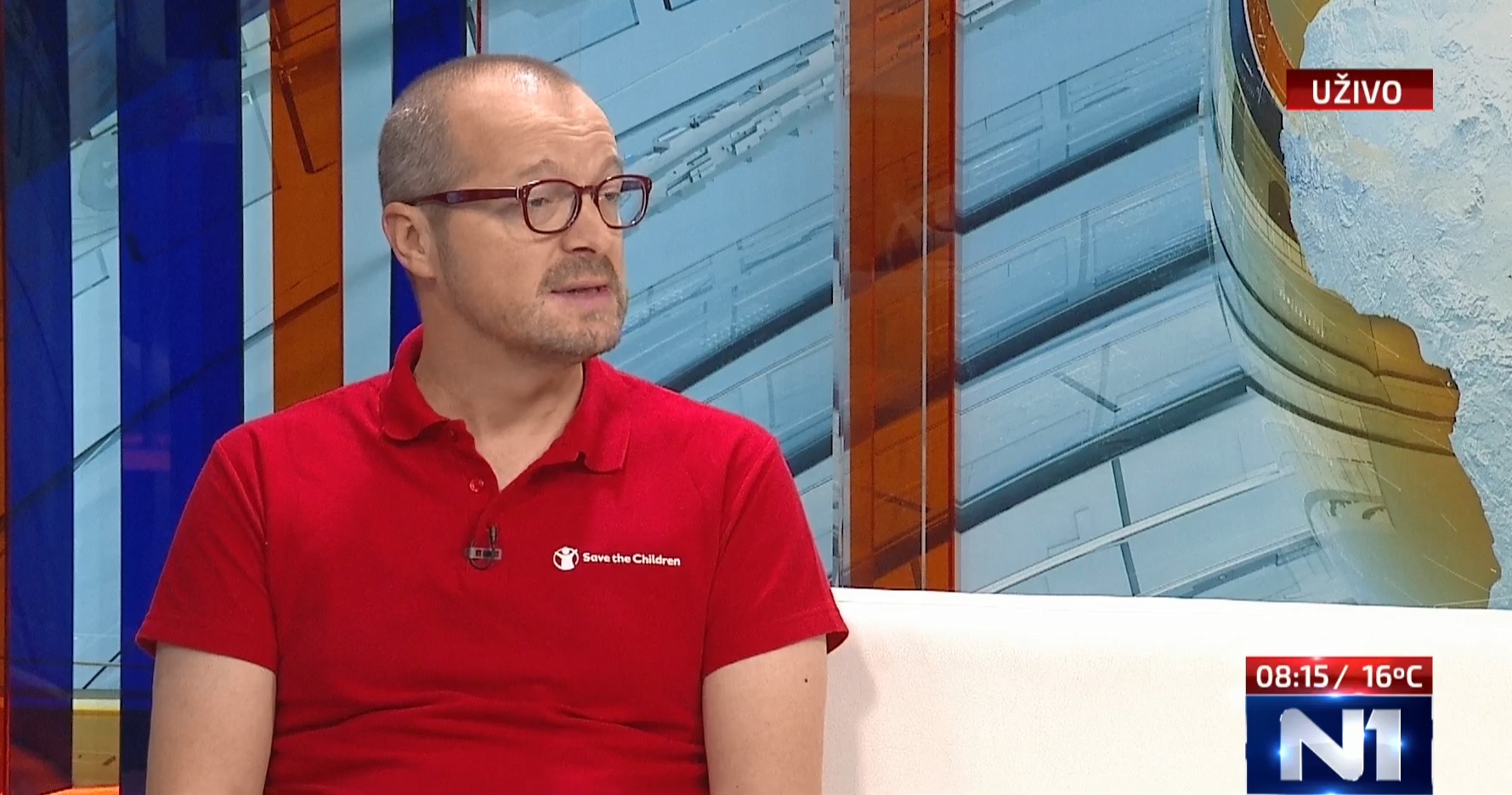
Most of the migrant children on the Balkan route has spent more than one year on the move, some of them are on this journey for four years, said the Director of Programmes at the Save the Children Bosnia and Herzegovina Ahmed Pjano.
Oglas
Speaking for N1, Pjano expressed concern over the fact that a number of families with children have no adequate accommodation, mostly on the territory of the Una-Sana Canton.
“Situation varies from location to location. The centres under the jurisdiction of the state – Delijas, Salakovac, have full infrastructure that provides adequate conditions for accommodation of families with children and care for children,” said Pjano.
Save the Children has carried out an assessment in cooperation with the UNICEF, the World Vision, the SOS Children's Villages in Bosnia and Herzegovina, to learn more about the migrant families with children currently staying in the country. The assessment was conducted simultaneously at four locations – Sarajevo, Mostar, Velika Kladusa and Bihac, where they found 381 children.
Oglas
“The data presented by the Security Ministry of Bosnia and Herzegovina is the only official, relevant data that all association use, and are based on the statements, number of people who expressed interest to seek asylum in Bosnia and Herzegovina,” he explained.
The research showed that the largest number of children was aged 5 to 14, but there were even a few of those who were born while their parents were on the migration route.
“Particularly concerning in this process is the fact that majority of these children and families we talked to spent more than a year on the Balkan route. According to the information we learned, some of those families with children were on the journey for more than four years. I met a family with three kids in Bihac who stayed in Presevo, Serbia for more than a year and a half, and then decided to move towards the EU,” said Pjano.
According to official assessment, a little more than 6,000 migrants are currently staying in Bosnia and Herzegovina, where they found a temporary shelter to their, as they say, final destinations in the western Europe.
Kakvo je tvoje mišljenje o ovome?
Učestvuj u diskusiji ili pročitaj komentare
Oglas
Kakvo je tvoje mišljenje o ovome?
Učestvuj u diskusiji ili pročitaj komentare
Oglas





 Srbija
Srbija
 Hrvatska
Hrvatska
 Slovenija
Slovenija











